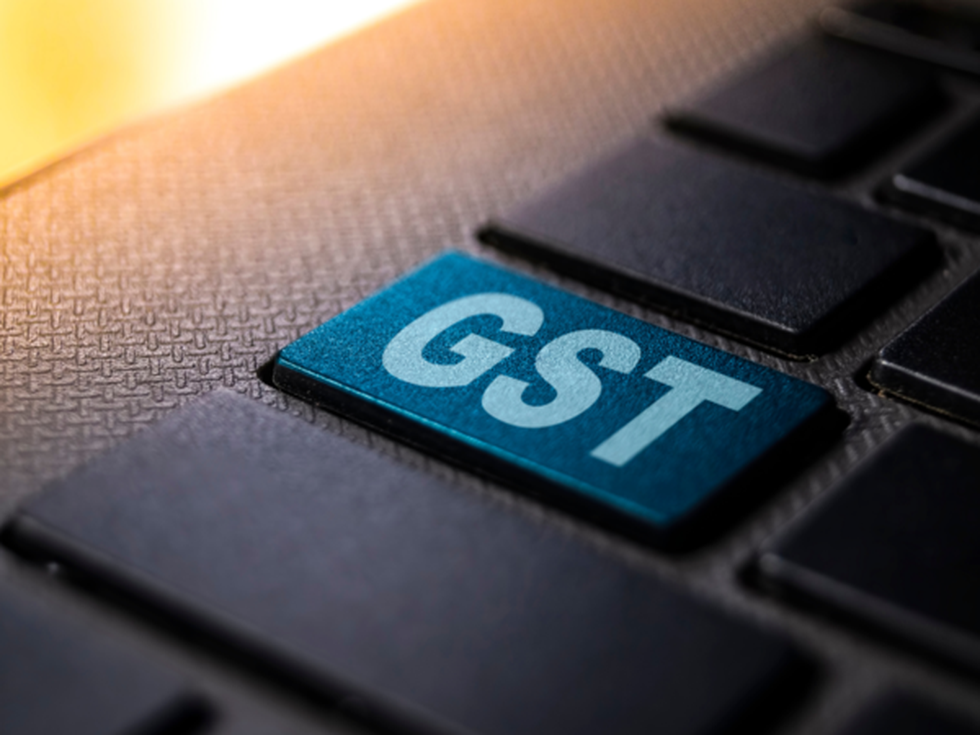More than 100 companies, including Hindustan Unilever, Patanjali, Jubilant Foodworks, and Phillips, filed petitions against the anti-profiteering provisions in the Goods and Services Tax (GST).
Constitutional Validity Upheld
The Delhi High Court, in a ruling on Monday, upheld the constitutional validity of anti-profiteering provisions in GST. The court emphasized that these provisions aim at ensuring a commensurate reduction in prices during GST rate reductions or due to input tax credit, aligning with legislative powers under the Constitution.
Public Interest Perspective
The court held that the anti-profiteering provisions are in the public interest, emphasizing their role in maintaining price reductions in response to changes in GST rates or input tax credits.
Breather for Companies
The court acknowledged the possibility of companies needing to raise prices due to factors like cost escalation, skewed input tax credit, and arbitrary use of power by anti-profiteering bodies. It decided that these concerns would be addressed on a case-by-case basis.
Next Steps
The court directed the matters related to jurisdiction, cost escalation, and skewed input tax credit to be listed before a division bench for directions on February 8.
Lack of Fixed Formula
The court ruled that there can be no fixed or mathematical formula for determining anti-profiteering. This addresses the challenge raised by companies regarding the absence of a formula for determining profiteering.
Clarity on Distribution of Profiteered Amounts
The court clarified that the distribution of profiteered amounts among home buyers would be based on per square feet. This ensures that equal benefits are given for equal space to home buyers, aligning the distribution with the area of the house.
National Anti-Profiteering Authority (NAA)
The NAA, established in November 2017, aims to ensure that companies pass on the benefits of input tax credit and GST reduction to consumers by reducing prices. The court’s ruling strengthens the role of the NAA in overseeing anti-profiteering measures.
Multiple-Choice Questions (MCQs) with Answers:
- What did the Delhi High Court uphold on Monday?
- A. Constitutional amendments
- B. Anti-profiteering provisions in GST
- C. Companies’ petitions
- D. Legislative powers
- Which companies filed petitions against the anti-profiteering provisions?
- A. National Anti-Profiteering Authority
- B. Competition Commission of India
- C. Hindustan Unilever, Patanjali, Jubilant Foodworks, and Phillips
- D. Companies from other countries
- What did the court rule regarding the public interest perspective of anti-profiteering provisions?
- A. They are against public interest.
- B. They are unrelated to legislative powers.
- C. They are in public interest.
- D. They are unconstitutional.
- What did the court direct regarding concerns raised by companies?
- A. Dismiss them entirely
- B. Address them on a case-by-case basis
- C. Extend the timeline for resolution
- D. Delegate them to the National Anti-Profiteering Authority
- According to the court, is there a fixed formula for determining anti-profiteering?
- A. Yes
- B. No
- C. Only during GST rate reductions
- D. Only for input tax credit
- How did the court clarify the distribution of profiteered amounts among home buyers?
- A. Based on the size of the house
- B. Equally among all buyers
- C. According to the number of rooms
- D. Based on per square feet
- When was the National Anti-Profiteering Authority (NAA) established?
- A. November 2017
- B. December 2022
- C. February 8
- D. Two years initially
